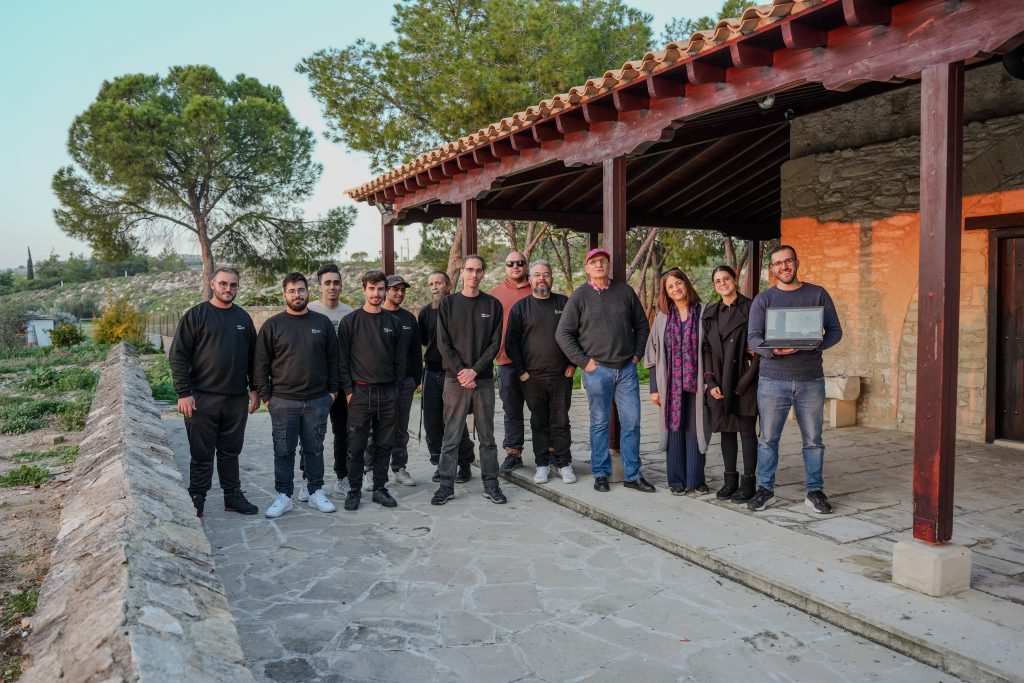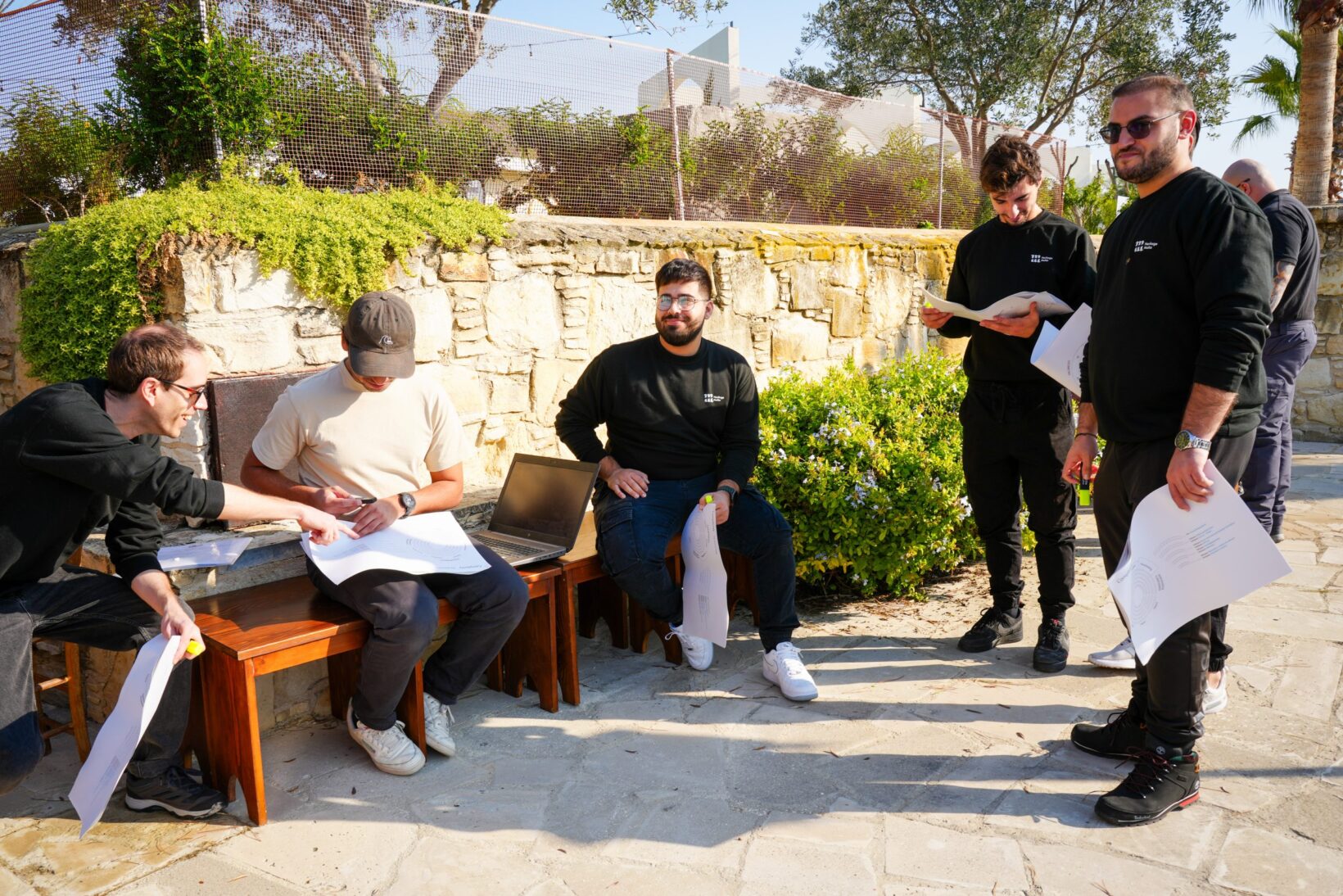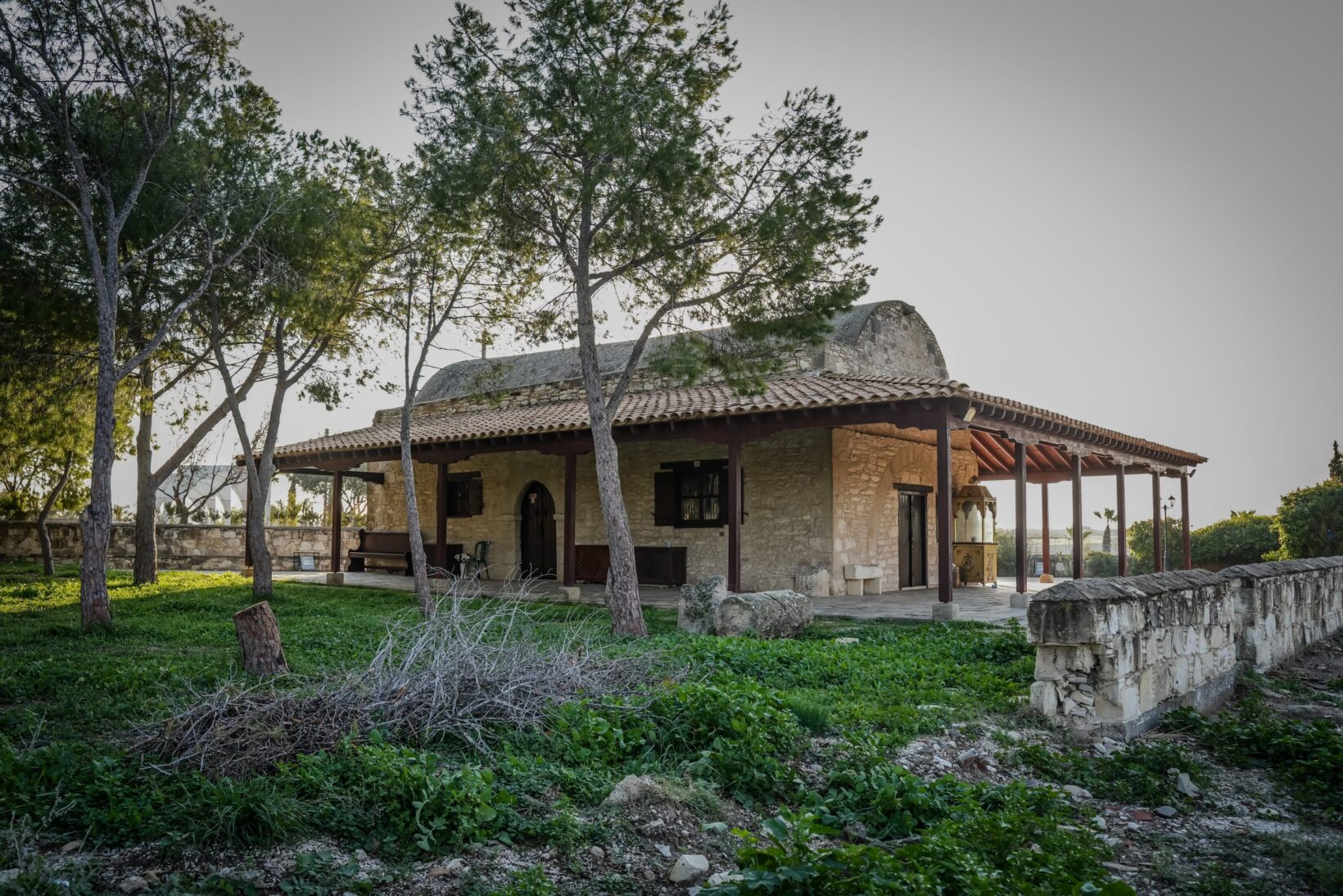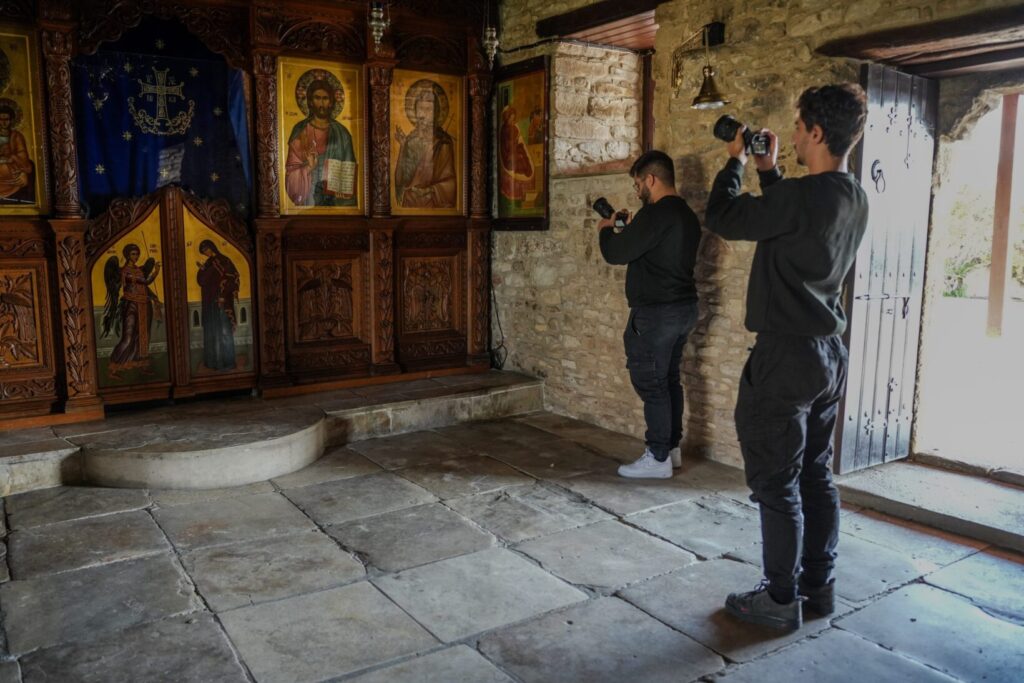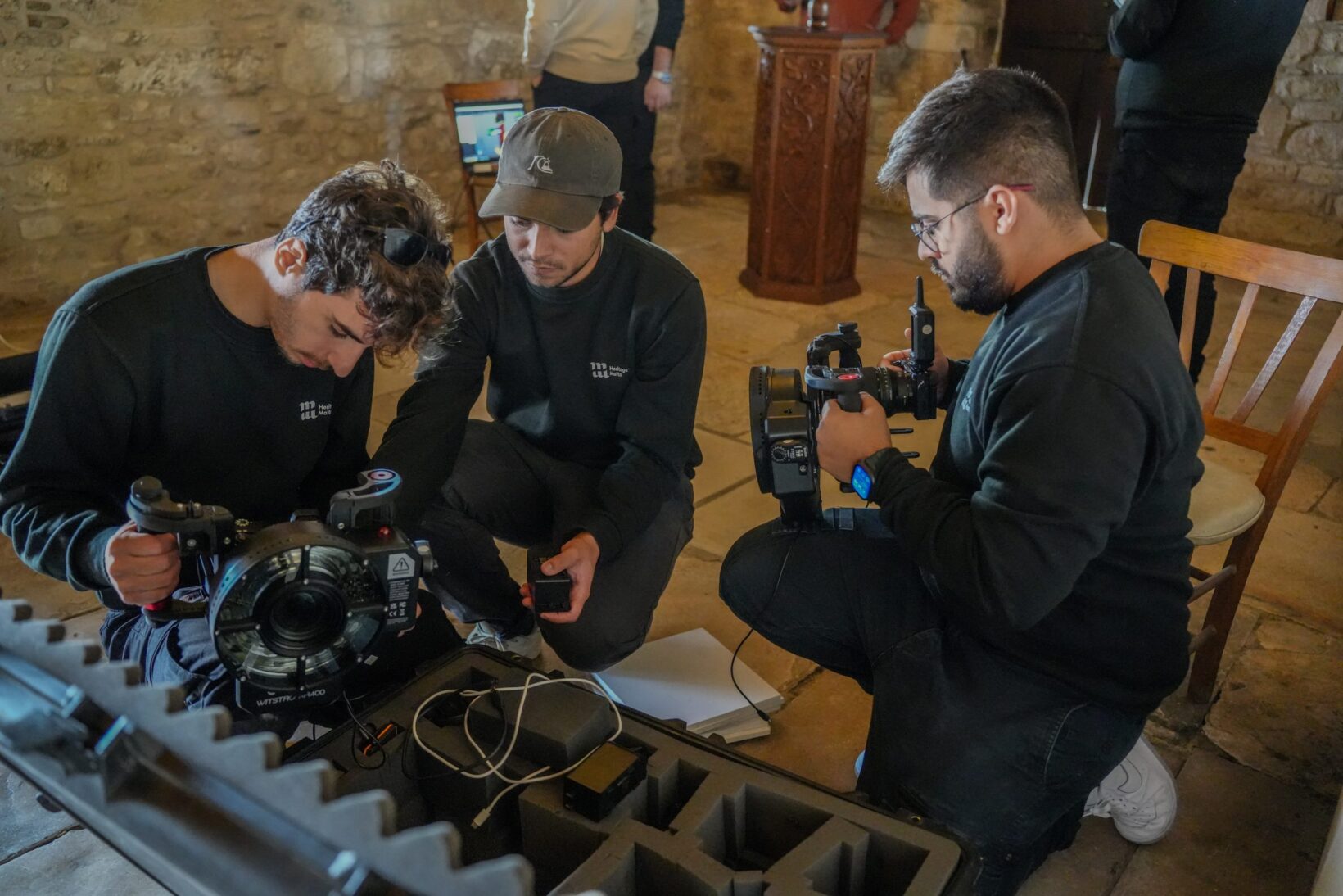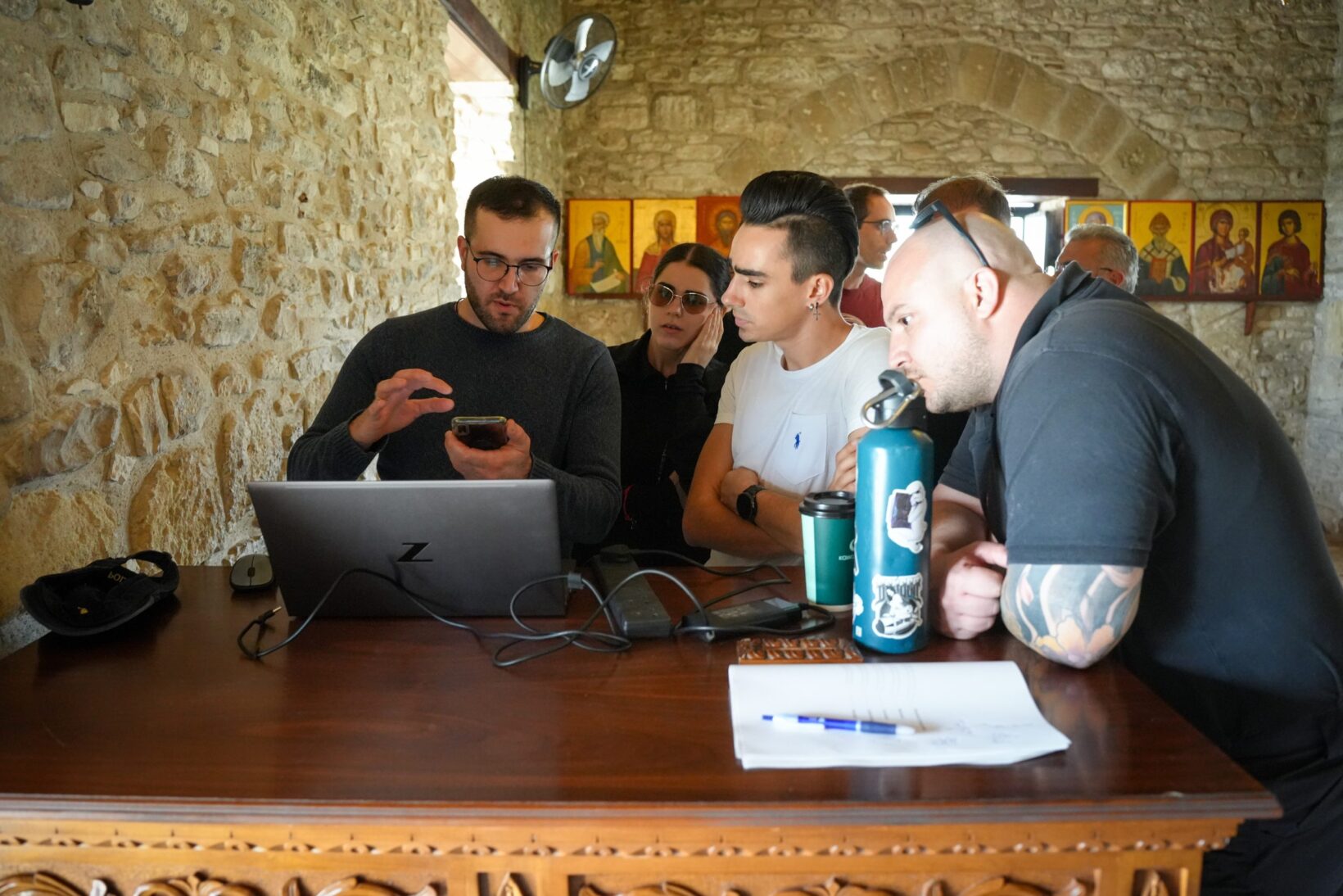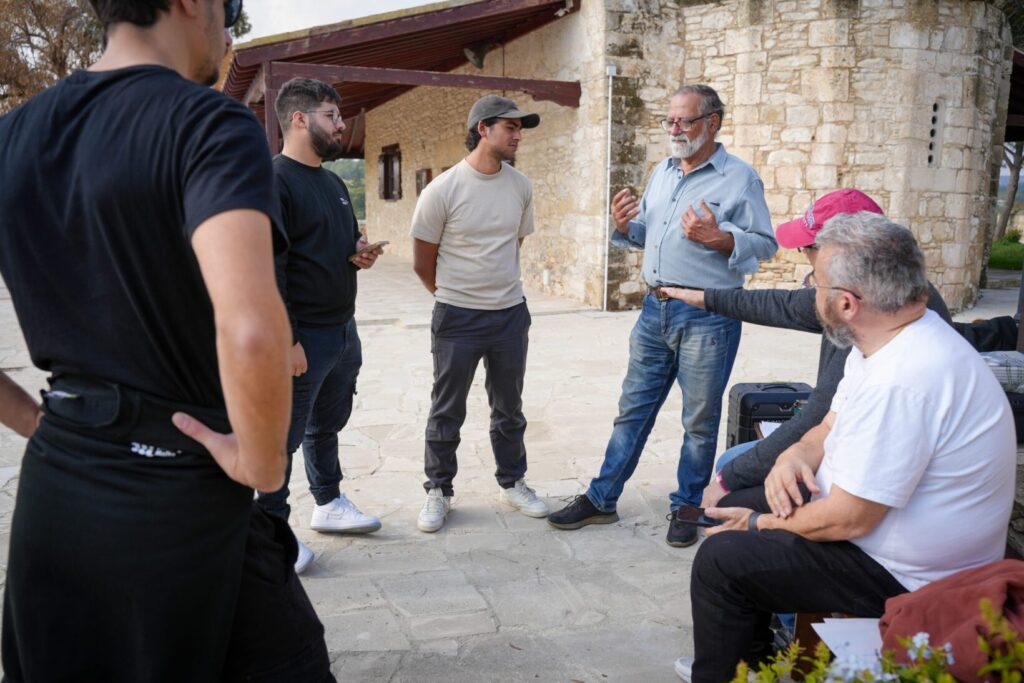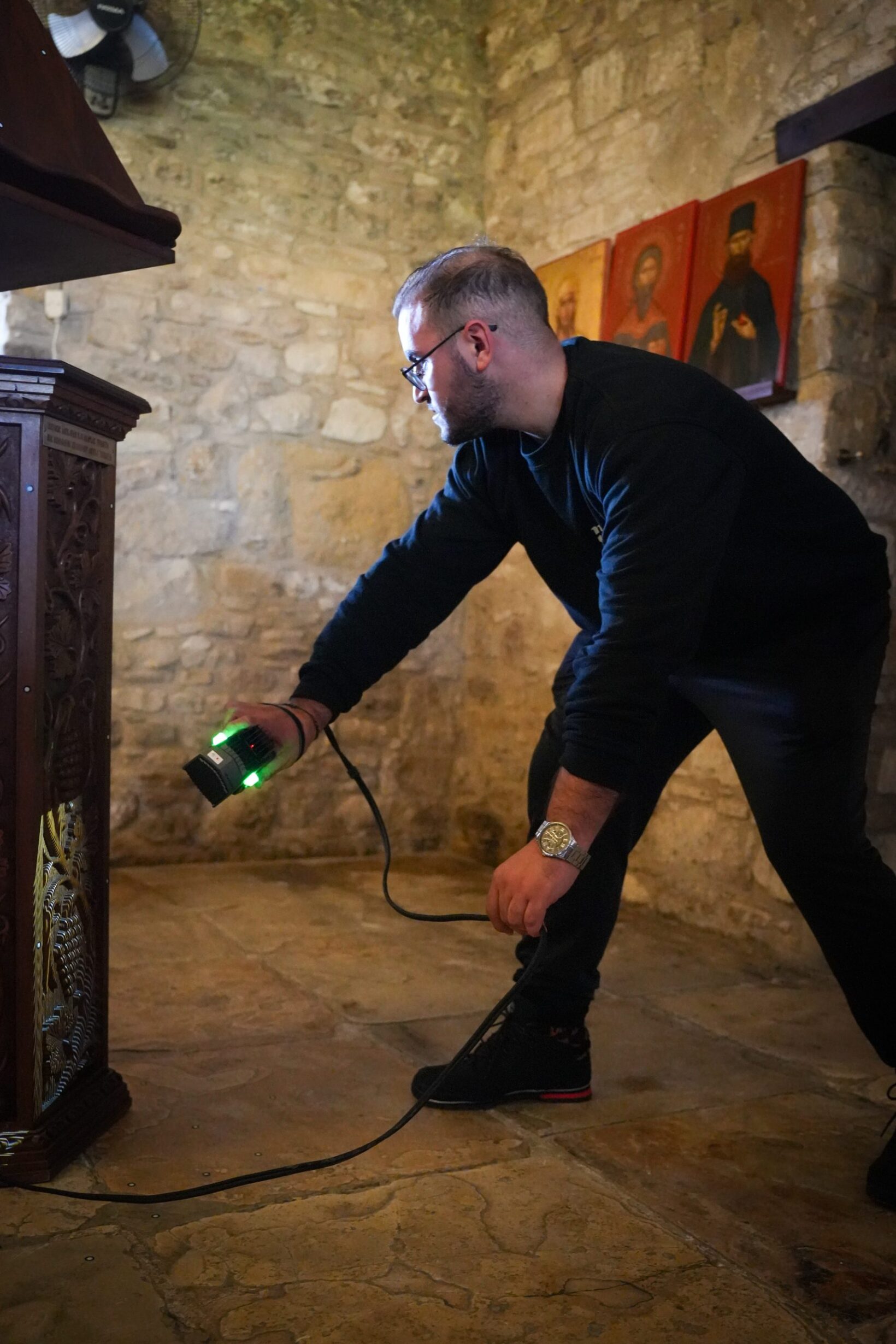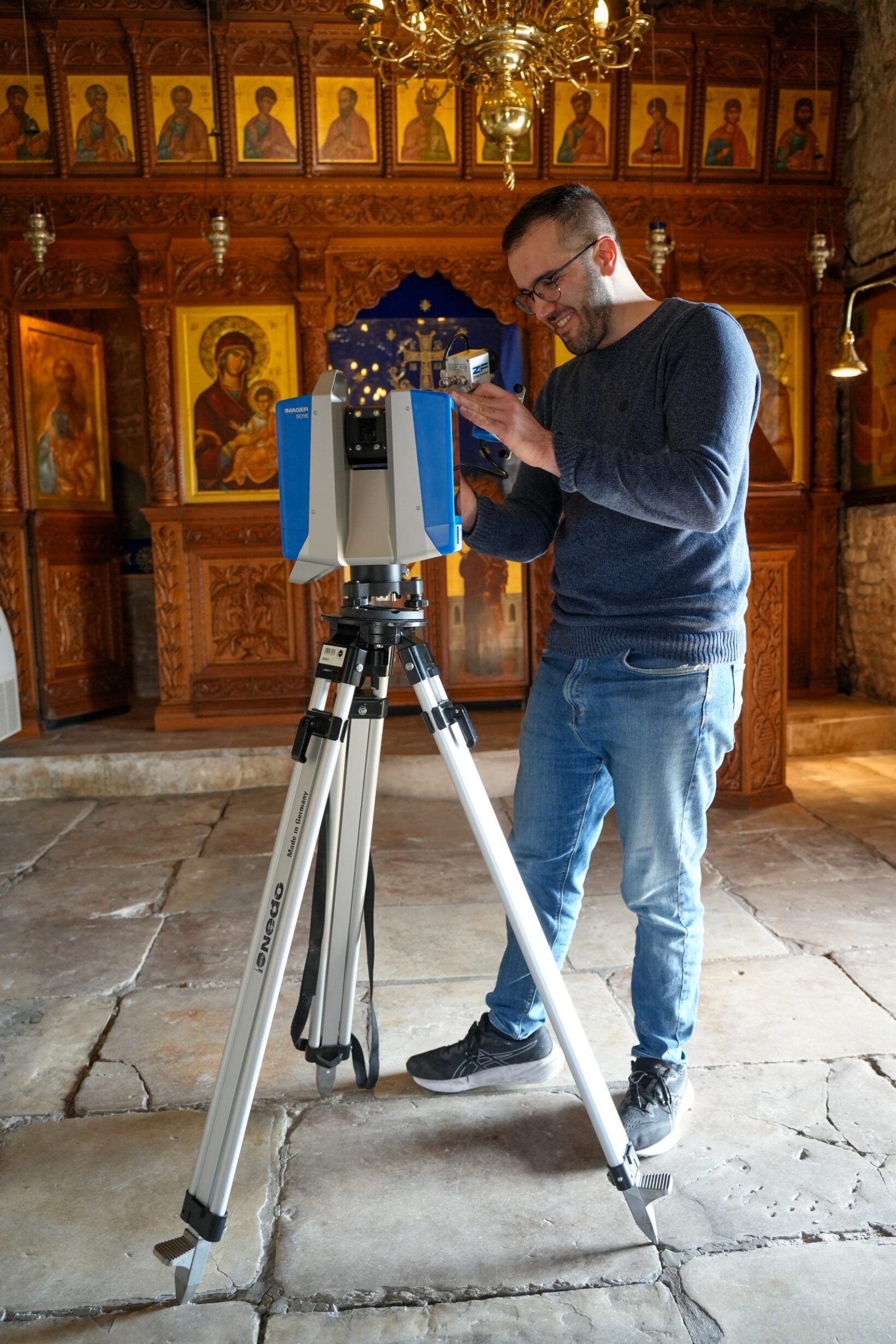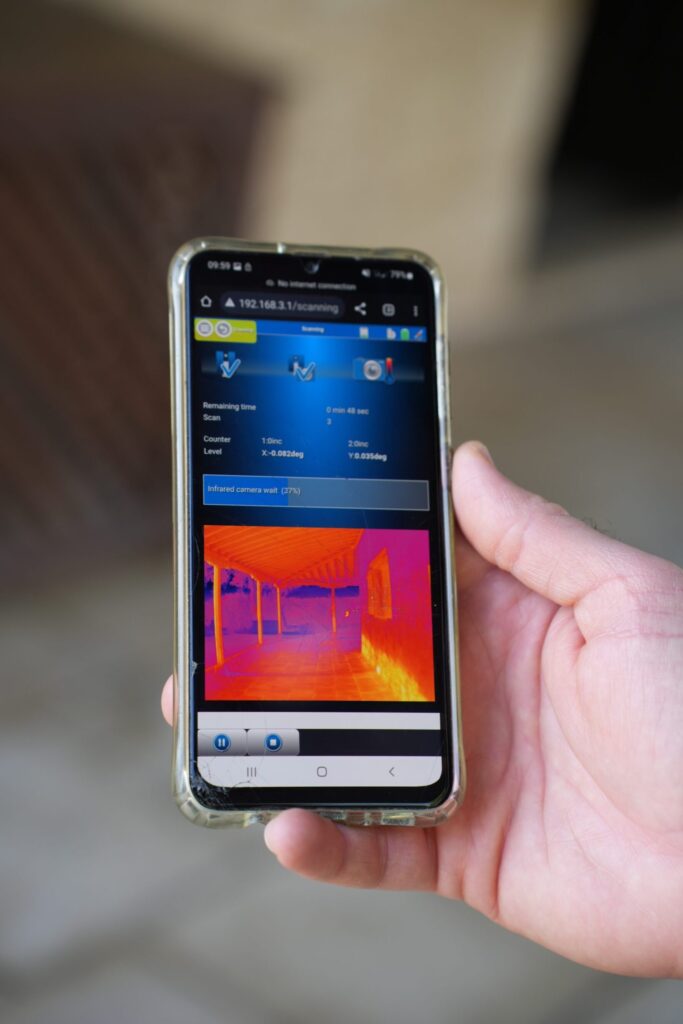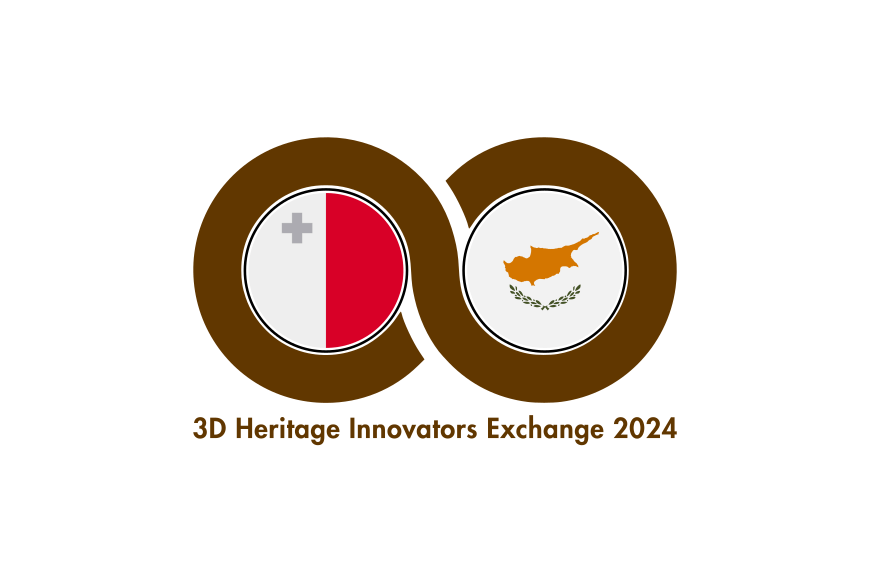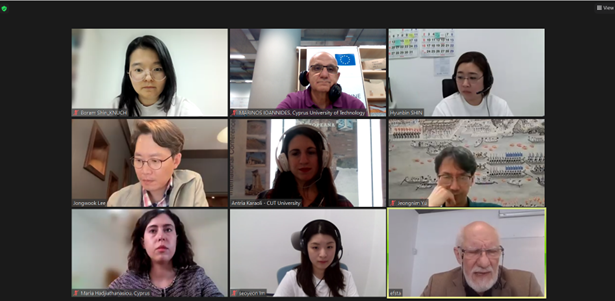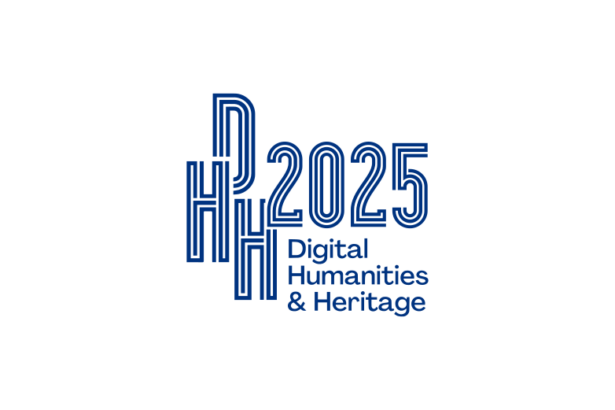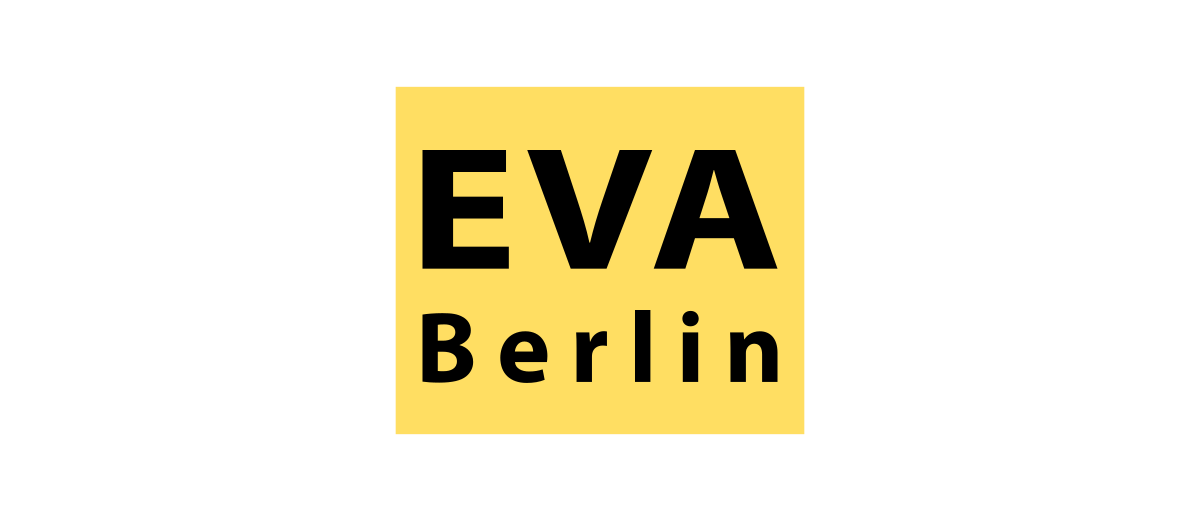3D Heritage Innovators Exchange 2024
Malta/Cyprus Joint Training Activity Part 2
Data Acquisition & Digital Documentation in Cultural Heritage
UNESCO Chair on Digital Cultural Heritage in collaboration with Heritage Malta invites students, researchers, practitioners, experts, and enthusiasts working in the areas of cultural heritage, architecture, civil engineering, digital humanities, data science, and technology to participate in an important initiative advancing data acquisition and digital documentation in cultural heritage.
About the Initiative
As cultural heritage globally faces various threats—from environmental changes to human impact—there is an urgent need for innovative digital approaches to document, preserve, and share our rich cultural legacy. This initiative focuses on cutting-edge 3D scanning, photogrammetry, digital documentation, 3D modelling, and data management approaches to record, protect, and promote access to artefacts, sites, and intangible heritage.
The UNESCO Chair on Digital Cultural Heritage at the Cyprus University of Technology, in collaboration with Heritage Malta, will hold an intensive three-day training workshop on “Data Acquisition & Digital Documentation in Cultural Heritage” from the 5th to the 7th of December 2024.
Participants will work on the Church of Panagia Aimatousa, Aradippou, Cyprus, digitising the exterior and interior of the monument and smaller-scale ecclesiastical artefacts, including Byzantine icons and other key liturgical objects. Digitisation will be conducted using the recommendations of the EU Study VIGIE2020/654 on quality in 3D digitisation of tangible cultural heritage.
This training workshop is free of charge, but spaces are limited. Participants are responsible for their own travel, accommodation, food and beverage arrangements.
Objectives
The original structure of Panagia Aimatousa Church dates to the Early Christian or Byzantine period (4th–7th century AD), with significant human activity around the site dating back to the Neolithic period, through the Late Bronze Age, and into the late Roman period.
- Preserve Cultural Assets: Create accurate, high-quality digital records of cultural heritage artefacts and architecture, to ensure their longevity.
- Enhance Accessibility: Provide access to digital heritage records, enabling education, research, and public engagement on a global scale.
- Promote Collaborative Research: Facilitate interdisciplinary research and knowledge-sharing among experts in technology, archaeology, history, and the arts.
- Advance Technological Innovation: Develop and implement new methods and tools for capturing and documenting cultural heritage efficiently and accurately.
Who Should Participate
We welcome:
- Archaeologists, architects, civil engineers, and curators interested in preserving cultural heritage through digital means.
- Data scientists and engineers, skilled in data acquisition, management, and processing.
- Digital humanities researchers, exploring new ways of engaging with cultural heritage data.
- Students and early-career professionals, looking to gain experience in heritage digitisation.
- Volunteers and enthusiasts, passionate about cultural heritage.
Areas of Participation
Participants can contribute to one or more of the following areas:
- 3D Scanning and Modelling: Capture 3D data of artefacts and heritage sites for preservation and interactive display.
- Photogrammetry: Use photographic techniques to create accurate models and images.
- Data Management and Archiving: Develop databases and archival systems to store and organise digital records.
- Building Information Modelling (BIM), Heritage BIM (HBIM), and Holistic Heritage BIM (HHBIM)
Benefits of Participation
- Contribute to the preservation and protection of global cultural heritage.
- Gain experience with the latest technology in data acquisition and digital documentation.
- Build a professional network with experts in a range of fields.
- Enhance your skills in cultural heritage, data science, and digital documentation.
Contact Information
For more information or to register for the workshop, please contact us at [email protected]
Deadline: 25th of November 2024
For more information download the full announcement HERE
Following the successful workshop, our colleagues at Heritage Malta posted a report on their participation at both EuroMed2024 and the 3D Heritage Innovators Exchange workshop.
Image Gallery
